With China access limited, Southeast Asia offers a vital alternative for US pork exports, especially for variety meats that support whole-animal value.
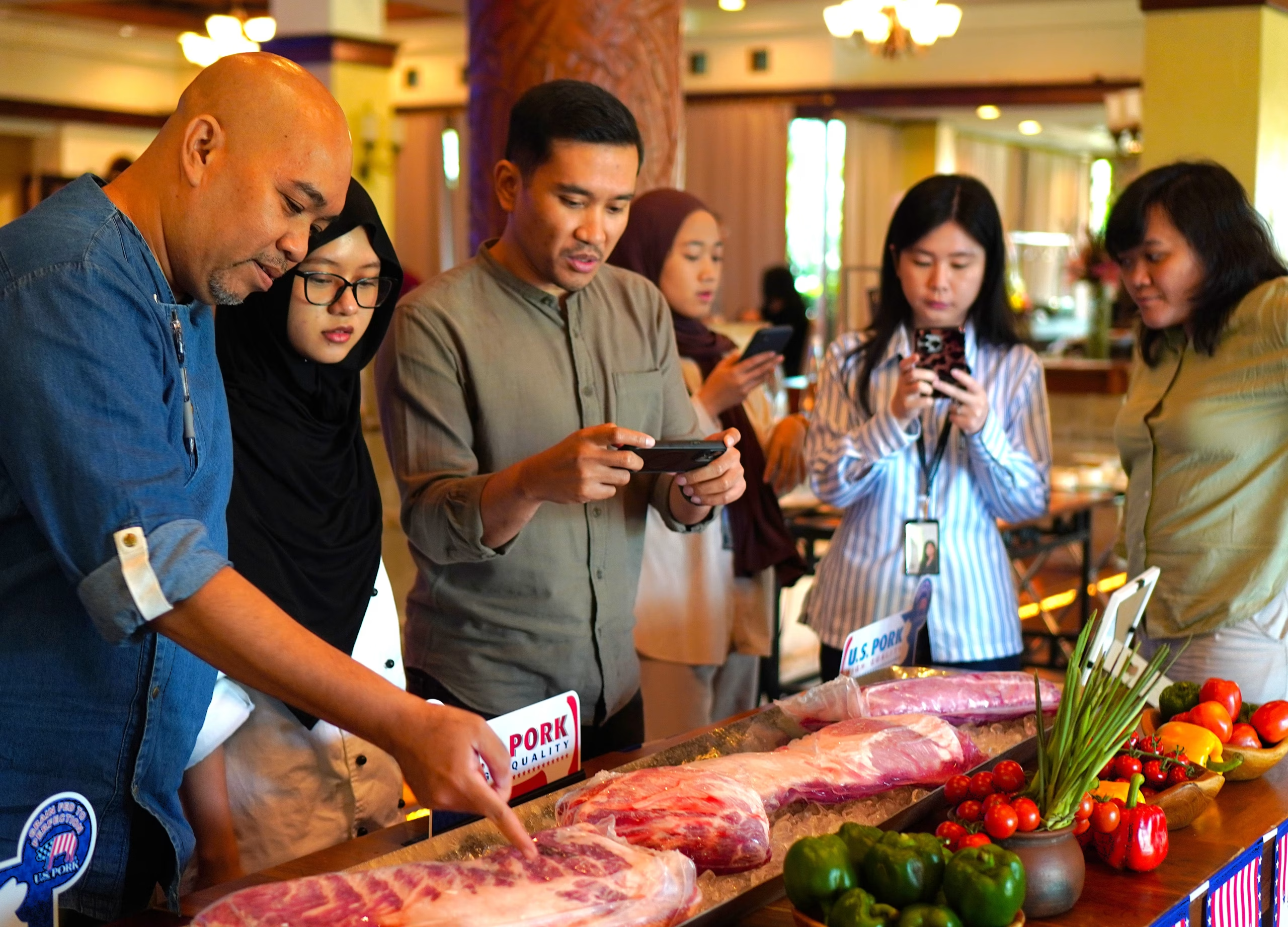
The US Meat Export Federation (USMEF) welcomed new trade agreements with Malaysia and Cambodia, and frameworks with Thailand and Vietnam. These developments could reshape US pork access in Southeast Asia.
Malaysia imported USD 188 million in pork during the first eight months of 2025. The US supplied USD 11.5 million, while the EU dominated with an 82% share. Malaysia’s beef imports were higher, but US volumes remained negligible.
Cambodia’s pork market is small and shaped by regional trade. Still, the elimination of tariffs and greater clarity on sanitary and phytosanitary (SPS) rules position US pork for future growth. Cambodia imported USD 11.8 million in beef, including USD 1 million from the US, but pork opportunities are expected to remain limited.
Thailand imported just USD 7.8 million in pork, mostly from Spain. Market access remains tightly restricted. If Thailand lifts its ban on US pork , meaningful opportunities could emerge. Thailand’s beef imports were higher, but US volumes were constrained by a 50% tariff.
Vietnam imported USD 225 million in pork, including USD 8 million from the US. The EU shipped over USD 110 million, benefiting from preferential tariffs. Vietnam’s beef imports were larger, but US exporters faced similar disadvantages.
Malaysia and Cambodia agreements unlock pork potential
The agreements with Malaysia and Cambodia will enter into force 60 days after both countries complete their domestic legal procedures are completed. Malaysia will maintain zero tariffs on most pork products and reduce the pork sausage tariff from 15% to 10%. Other processed pork tariffs will drop to zero immediately.
Malaysia will also eliminate plant-by-plant approvals and accept the Food Safety and Inspection Service Meat and Poultry Inspection (FSIS MPI) directory. This change will make all FSIS-inspected US facilities eligible. Halal certification will be streamlined through US certifiers approved by the Department of Islamic Development Malaysia (JAKIM).
Cambodia has already removed its 15% tariff on US pork and beef. It will continue recognizing FSIS as the competent authority and uphold science-based regulations. Cambodia also committed to avoiding SPS-related or licensing restrictions on US red meat.
Vietnam and Thailand frameworks signal progress
Vietnam and Thailand issued joint statements but have yet to finalize agreements. Both countries pledged to eliminate most tariffs and resolve SPS barriers. However, significant hurdles remain.
Strategic importance of pork exports
USMEF President and CEO Dan Halstrom emphasized the urgency of expanding pork access in Southeast Asia.
“Exports have been the driver of industry growth,” he said. “The Asean region is more critical than ever as alternative market to China, especially for pork variety meats.”
Pork exports have helped US consumers access popular cuts like bacon and ribs. Exporting variety meats also maximizes carcass value.
Key pork export items include:
Mr Halstrom noted that US pork holds only minor shares in Malaysia, Cambodia, Thailand, and Vietnam. Addressing tariff and non-tariff barriers could unlock significant growth.
USMEF looks forward to swift implementation of the Malaysia and Cambodia agreements. It also hopes for continued progress with Thailand, Vietnam, and Indonesia.
Subscribe now to the technical pig magazine
AUTHORS
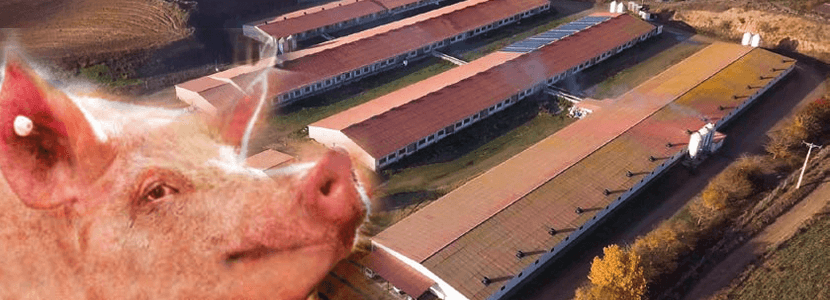
Bifet Gracia Farm & Nedap – Automated feeding in swine nurseries

The importance of Water on pig farms
Fernando Laguna Arán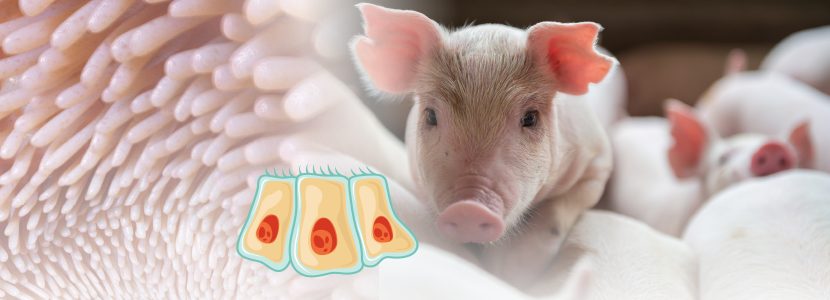
Microbiota & Intestinal Barrier Integrity – Keys to Piglet Health
Alberto Morillo Alujas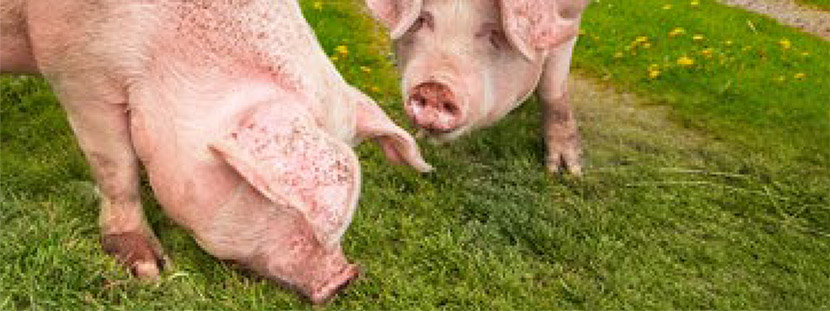
Impact of Reducing Antibiotic use, the Dutch experience
Ron Bergevoet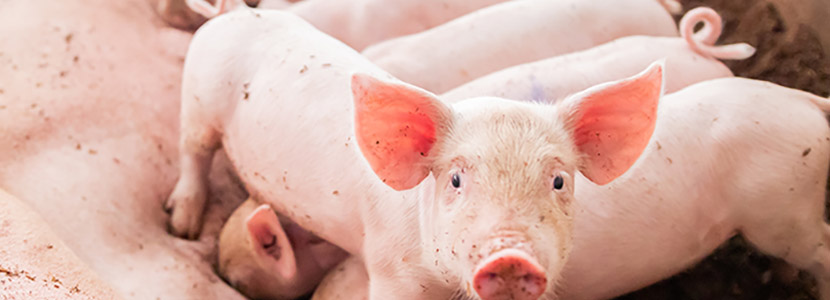
The keys to successful Lactation in hyperprolific sows
Mercedes Sebastián Lafuente
Addressing the challenge of Management in Transition
Víctor Fernández Segundo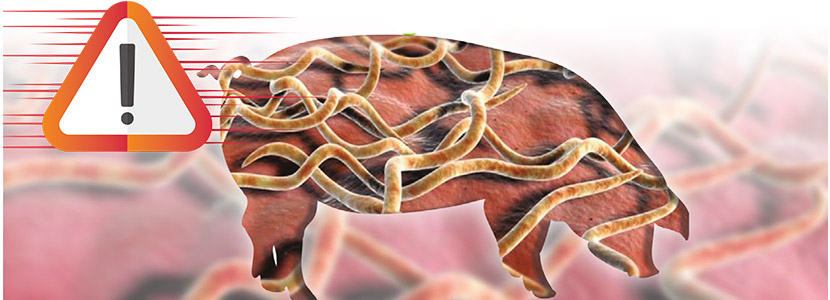
Dealing with the rise of Swine Dysentery
Roberto M. C. Guedes
Actinobacillus pleuropneumoniae – What are we dealing with?
Marcelo Gottschalk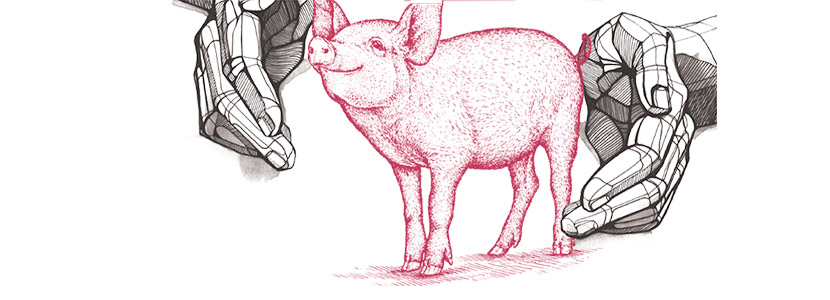
The new era of Animal Welfare in Pig Production – Are we ready?
Antonio Velarde
Gut health in piglets – What can we do to measure and improve it?
Alberto Morillo Alujas
Interview with Cristina Massot – Animal Health in Europe after April 2021
Cristina Massot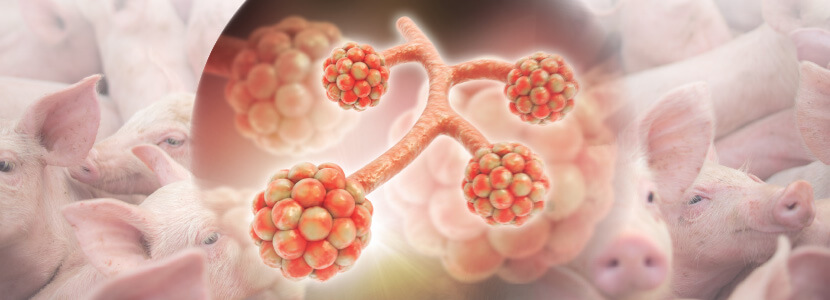
Differential diagnosis of respiratory processes in pigs
Desirée Martín Jurado Gema Chacón Pérez